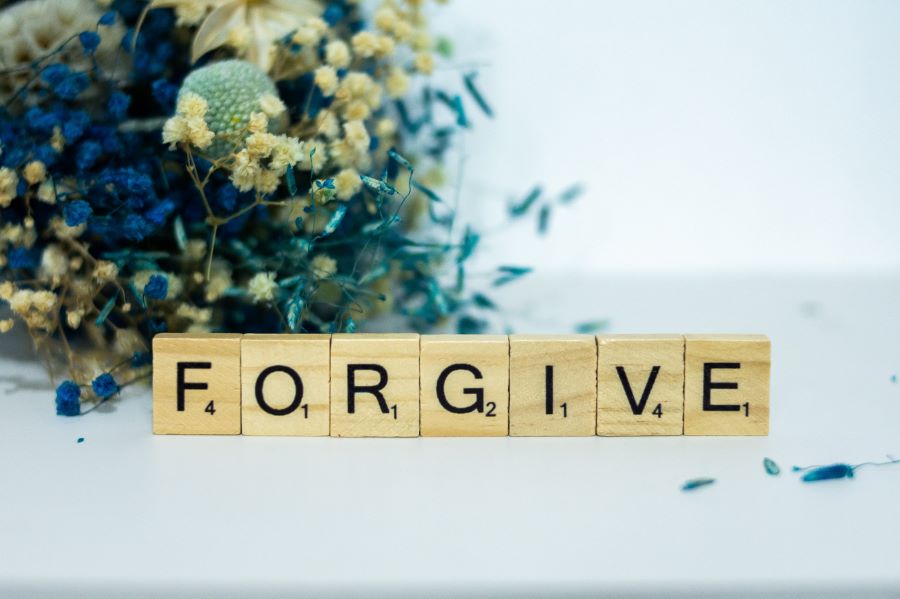Betrayal never feels good. Whether the offender deliberately set out to hurt you or somehow betrayed your trust by accident, the same outcome. You feel hurt, mistrustful, and angry. This is all part of being hurt, and it’s very normal.
Unfortunately, this kind of anger is more damaging to you than the one who betrayed you. Unforgiveness takes a toll on your physical and mental health. You should forgive, especially if you want to move past this point.
How to do this?
Feel it All
What emotions are running through you right now? Rather than trying to squelch them, allow yourself to experience the hurt, the anger, and the pain. The key is not to get caught up in repeating the emotions but to know when to let them go, replacing the negative with something more positive.
Guide Your Anger
Being mad generally causes people to choose one of two actions. Destructive anger wants revenge and focuses on the pain and hurt, becoming obsessive and even dangerous. Constructive anger forgives the transgressor and becomes the fuel toward positive change. Why not use it to set yourself in motion and get things done over holding a grudge that will only get you nowhere?
Practice Acceptance
Forgiveness doesn’t mean you’re saying what happened was okay. On the contrary, you’re accepting someone wronged you. End of story. With this realization, it can become easier to let go of the negative emotions associated with the betrayal, so you can move on.
Remember to Breathe
Take a moment before responding to the betrayal. Deep breaths give you time to consider the situation. Forgiveness allows you to step back and refuse to allow things to escalate further.
Recognize the Relationship
Is it worth losing a friend or family member forever because of something they did? Is the relationship worth saving? Remembering you care about this person helps you forgive even when you might not feel like it initially. Of course, this doesn’t mean you should allow people to you badly. Forgiveness might include setting some new boundaries. At the same time, it allows you to keep someone important in your life.
Refuse to Be the Victim
Finally, when you stay in unforgiveness, you’re holding onto the fact someone could hurt you, making you a perpetual victim. Forgiveness allows you to take back control, and yes, even sometimes to be the bigger person. Which sounds better to you?
While none of this makes forgiveness any easier, it does allow you to gain perspective on the situation and find a more positive way to move forward. The important thing to remember is to be patient with yourself and not react emotionally or hastily. It’s better to take your time and think things through as you consciously choose to forgive the other person.



Recent Comments